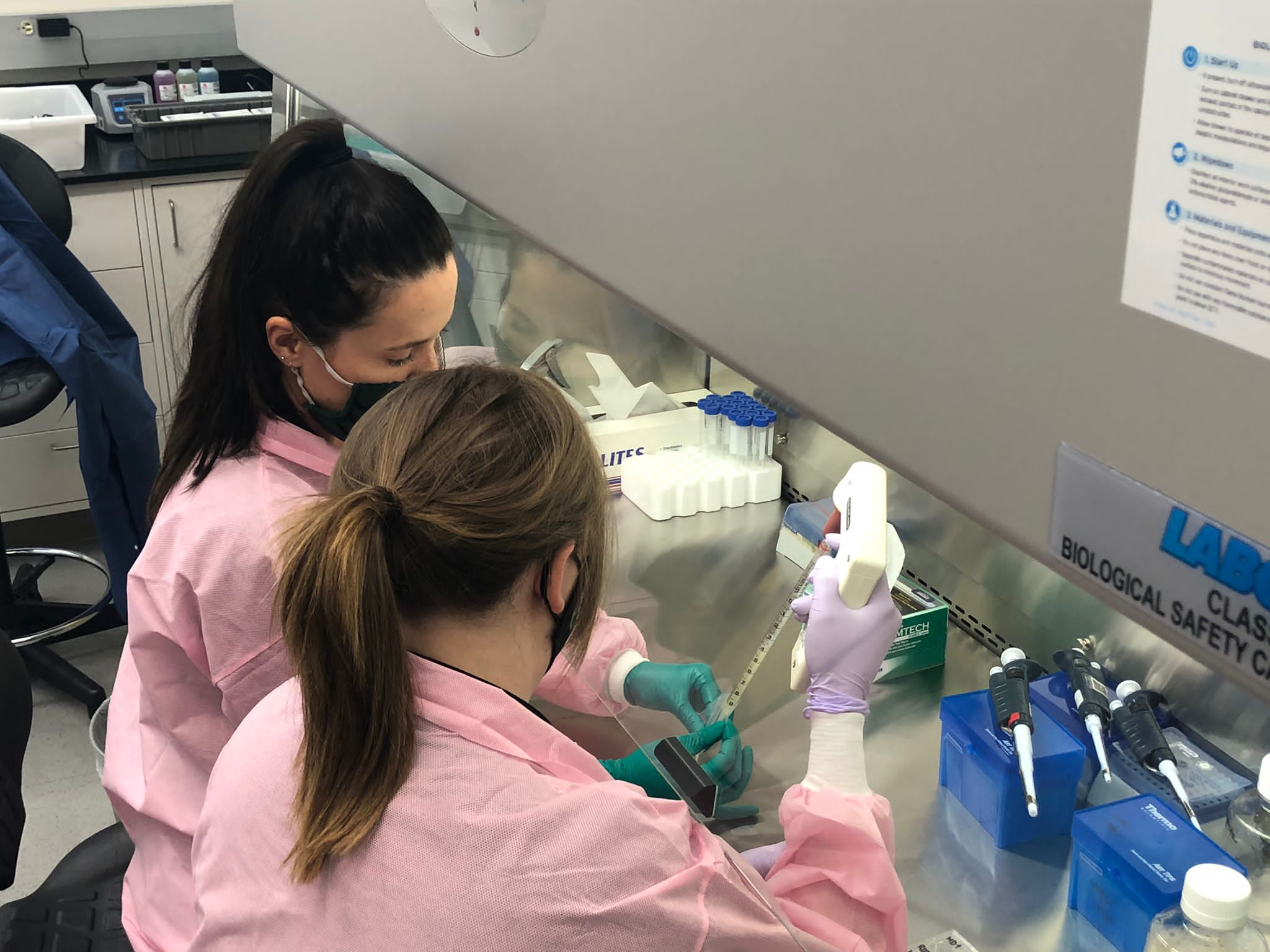Thousands of tiny worms will be launched into space this week (3 June) to help scientists to understand more about muscle loss and how to prevent it.
Led by scientists from the University of Nottingham and the University of Exeter, with hardware designed by Oxford-based Kayser Space, the research team aims to determine the causes of muscle changes during spaceflight and find ways to mitigate these biological changes.
Spaceflight is an extreme environment that causes many negative changes to the body, with astronauts losing up to 40 percent of their muscle after six months in space. Based on these changes, spaceflight is regarded as an excellent model to enhance understanding of ageing, inactivity and certain clinical conditions on different body systems. Studying changes in muscle that occur with spaceflight could lead to more effective therapies and new treatments for age-associate muscle loss and muscular dystrophies.
Previous research revealed that the microscopic worm, C. elegans, and humans experience similar molecular changes in space that affect muscle and metabolism. This new mission, which follows on from previous research carried out by the same research team in 2018, will see the worms, once again launched into space, to try to identify the precise molecules that cause these problems and also test out new therapies to prevent muscle loss in zero-gravity.

Since the dawn of the space age, there have been concerns that space travel can be harmful to astronauts. We are very excited that this latest mission will enable us to build on the work we have already done to not only further explore what causes muscle loss with spaceflight, but to also look at how to prevent it. This work will have implications not only for astronauts but also for many situations on Earth.

Worms will by loaded with bacterial food into culture bags, and these will be placed into experimental containers. These containers will be stored at low temperature (~10◦C) from set-up through to arrival at the International Space Station (ISS). Once on board the ISS, containers will be placed in a 20◦C incubator for the experimental period of 5 to 6 days. The containers will then be frozen and returned to Earth. Gene expression and molecule localization experiments will then be performed at the University of Nottingham.
Tim Etheridge, Associate Professor of Integrative Physiology at the University of Exeter, said: "This experiment will give us new information on the molecules that cause muscle decline in space, and whether targeting these with novel drugs and interventions can help. This information can then build the foundations for safely sending humans on long-term missions into deep space."
Kayser Space, based in Oxfordshire, have developed the hardware for the experiment. David Zolesi - Kayser Space Managing Director, said: "This launch is the second of a series of three life science payloads developed by Kayser Space to fly to the ISS within three years. It is an important achievement that will help Kayser to bolster its position as a leading partner to the UK scientific community for implementing experiments in space."
Science Minister Amanda Solloway said: "Experiments in space push the frontiers of knowledge and provide real-life benefits for the rest of us back on Earth.
"It is astonishing to think that sending worms into space could improve our health and help us lead longer lives, and I am thrilled that UK researchers are leading this effort."
The launch is expected to take place on Thursday 3rd June at 18:00 BST. A live stream of the launch can be watched here.






